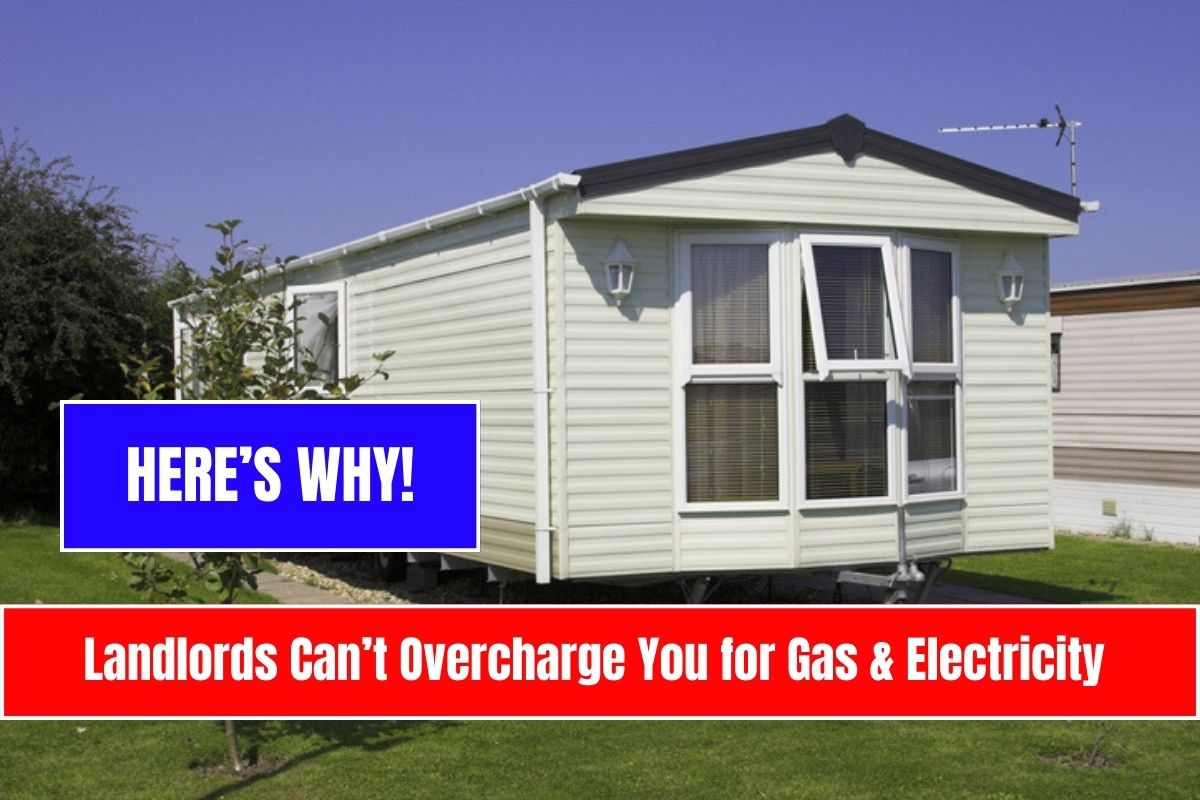If you live in a park home, you are required to pay a pitch fee to the park owner for renting the land your home sits on. In addition to this, you may have to pay for gas, water, electricity, and liquefied petroleum gas (LPG). This guide explains how these charges work, your rights regarding fee changes, and what to do if you disagree with the fees.
What Is a Pitch Fee?
A pitch fee is a charge you must pay to the park owner for renting the land where your park home is located.
Can the Pitch Fee Change?
Yes, the park owner can propose a pitch fee increase once a year. However, they must:
Give you at least 28 days’ notice in writing.
Provide a valid reason for the increase.
If you disagree with the proposed increase, you or the park owner can apply to a tribunal to settle the dispute. The tribunal will review the case and decide if the proposed fee is fair.
Utility Charges: Gas, Water, and Electricity
Who Regulates Utility Charges?
The Office of the Gas and Electricity Markets (Ofgem) regulates how much a park owner can charge for gas and electricity.
Rules for Gas and Electricity Charges
The park owner cannot charge you more than they paid for gas or electricity.
This includes any connection charges.
Water Charges
For water, the park owner can only charge:
The exact amount the water company charges them.
A reasonable administration fee for handling the payments.
LPG (Liquefied Petroleum Gas) Charges
Unlike gas, water, and electricity, charges for LPG are not regulated. This means the park owner can set the price without restrictions.
Tip: If LPG prices seem too high, compare costs with other suppliers to see if you’re being overcharged.
What to Do If You Disagree with Fees
If you think your pitch fee or utility charges are too high or unfair, follow these steps:
Talk to the park owner – Ask them to explain the charges and provide proof of their costs.
Check your contract – Ensure the charges follow the terms agreed upon.
Report unfair charges – If you believe the park owner is charging more than allowed, report them to Ofgem (for gas and electricity) or your local council (for pitch fees).
Apply to a tribunal – If you cannot agree on the pitch fee, you can apply to a tribunal to settle the dispute.
As a park home resident, you are responsible for paying a pitch fee and utility charges to the park owner. While they can increase pitch fees once a year, they must follow legal guidelines and give proper notice. Utility charges for gas, electricity, and water are regulated, ensuring you are not overcharged. However, LPG prices are not regulated, so you may need to compare prices with other suppliers. If you disagree with fees, you can negotiate with the park owner, report unfair charges, or apply to a tribunal for a resolution.
FAQ
What is a pitch fee for a park home?
A pitch fee is the charge you pay to the park owner for renting the land your park home is placed on.
Can the park owner increase my pitch fee?
Yes, but only once a year with at least 28 days’ notice in writing. If you disagree, you can take the matter to a tribunal.
How are gas and electricity charges regulated in park homes?
The Office of the Gas and Electricity Markets (Ofgem) regulates gas and electricity charges. The park owner cannot charge more than they pay for these utilities.
Can my park owner overcharge me for water?
No, the park owner can only charge you the amount billed by the water company plus a reasonable administration fee.
Are LPG prices regulated for park home residents?
No, LPG prices are not regulated, meaning the park owner can set their own price. You may want to compare costs with other suppliers.
